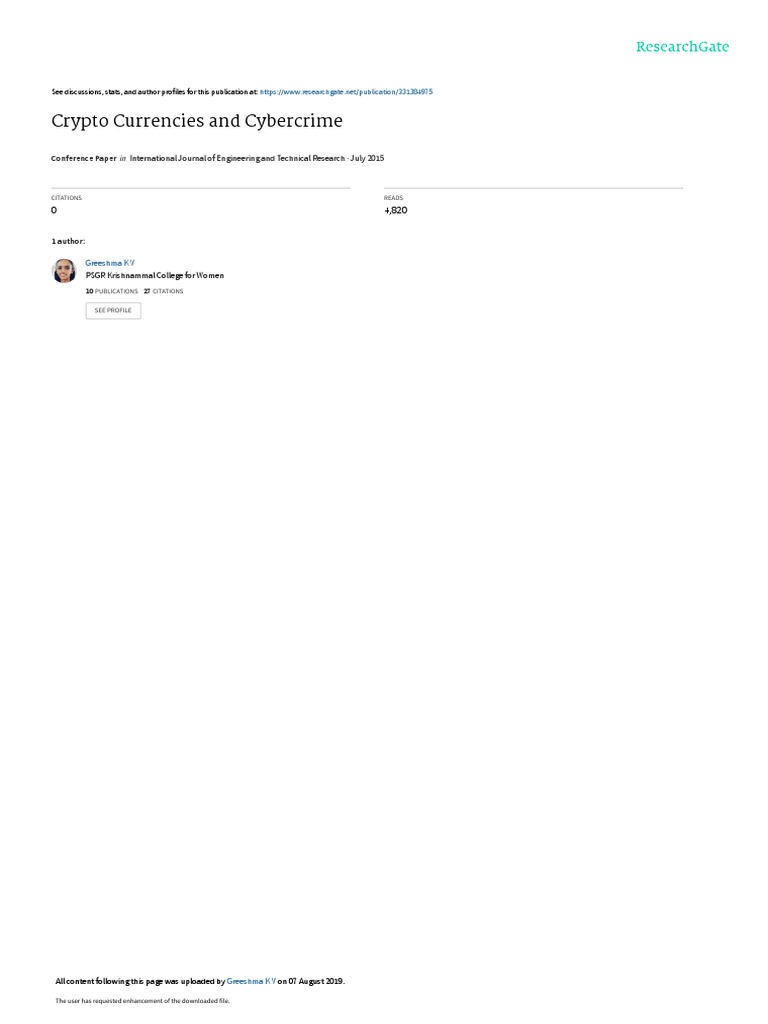
Audience
- Sentiment: Neutral
- Political Group: Moderate/Independents
- Age Group: 25-45
- Gender: Male
Overview
- The U.S. has agreed to return cybercrime kingpin Alexander Vinnik to Russia in exchange for American educator Marc Fogel.
- Vinnik was accused of laundering billions of dollars through his cryptocurrency exchange, BTC-e.
- The swap raises ethical questions about the balance between punishing cybercriminals and negotiating for the return of detained citizens.
The Cybercrime Kingpin Swap: What You Need to Know
Imagine living in a world where money can be exchanged, stolen, and laundered without ever having to touch a single dollar bill. This is the world of cybercrime, which has been a booming business for some very smart, but very unscrupulous people. Recently, a major development in the world of cybercrime has sent shockwaves through both the tech and political realms. The U.S. has agreed to return a notorious cybercrime kingpin, Alexander Vinnik, to Russia. This is happening in exchange for an American educator named Marc Fogel, who had been imprisoned in Russia since 2021. Let’s dive into this fascinating story, explore its implications, and discuss what it means for the future.
Who is Alexander Vinnik?
Alexander Vinnik is not just your average computer geek; he is often referred to as a “cybercrime kingpin.” Vinnik was behind the infamous BTC-e, one of the world’s largest cryptocurrency exchanges. BTC-e was like a digital marketplace where people could trade currencies like Bitcoin, but it had a dark side. Law enforcement agencies believe that Vinnik and his exchange played essential roles in laundering money for global criminals, transforming stolen funds into clean cash—billions of dollars worth. Imagine if someone stole your favorite video game and then sold it online without your knowledge, turning the money into something perfectly legal—this is what Vinnik was accused of orchestrating on a massive scale.
The U.S. authorities caught him in Greece in 2017, and since then, he has been a topic of intense legal discussions. Vinnik has claimed he was simply trying to help people trade cryptocurrencies, similar to how a bank helps people exchange money. However, many believe that he was fully aware of the illegal activities that were happening through his platform.
The Return to Russia
In a surprising twist, the U.S. has decided to return Vinnik to Russia. This is noteworthy because Russia and the U.S. have not always seen eye-to-eye, especially not when it comes to crime. Why would the U.S. want to send back someone accused of laundering billions of dollars? Well, there’s a lot more to this story. In return for Vinnik’s transfer, the U.S. will receive Marc Fogel, a U.S. educator who has faced significant challenges while imprisoned in Russia since 2021. Fogel had been accused of carrying medical marijuana and sentenced to 14 years in prison, a significantly harsh ruling in comparison with what he might have faced in the U.S.
The swap between Vinnik and Fogel is essentially a form of negotiation. In politics and international relations, this sort of trade is sometimes seen as a way to resolve conflicts or improve relationships between countries. It’s like trading lunch snacks with your friend at school: you give them your chips, and they give you their cookies—everyone walks away happy!
The Money Laundering Aspect
Money laundering can sound complicated, but let’s break it down. It’s the process of making illegal money appear legal. This is crucial in the world of crime. Criminals often need to find ways to spend their illicit gains without attracting suspicion. For example, if a hacker steals a large amount of money from a bank, sifting it through casinos, real estate investments, or even a digital currency exchange can create a facade that the funds came from legitimate sources.
Vinnik’s BTC-e supposedly served as a tool for such laundering. According to federal authorities, he helped move huge sums of money that had been obtained from various criminal activities, including ransomware attacks and drug trafficking. This is serious stuff: it’s not just video games or snacks; it can deeply affect lives, economies, and even politics.
Geopolitical Tensions
The swap comes at a time of heightened tensions between the U.S. and Russia. The two countries have diverged significantly, especially after the onset of the war in Ukraine. Many Americans are aware of the issues surrounding this conflict, and it often makes the news. However, many are unsure how individual cases, like Vinnik and Fogel’s, fit into this larger picture.
This exchange highlights how diplomacy works behind the scenes. Countries often negotiate for the return of their citizens or for the release of individuals who may have been wrongfully detained. It’s complex and messy, akin to trying to solve a giant puzzle where the pieces are often missing!
What This Means For the Future
So what does it mean when someone like Vinnik is returned to his country in the middle of all these political tensions? First off, it shows that the U.S. is willing to make deals that may seem unfathomable to outsiders. This aligns with their interests in recovering American citizens and possibly negotiating more trade-offs in the future. For everyday people like you and me, this situation could mean more attention to cybersecurity and laws regarding digital currencies.
If criminals see that countries can engage in high-stakes negotiations, it might encourage them to operate in ways that skirt the law—always looking for loopholes or new technologies that could help them avoid being caught. The threat of cybercrime could grow if it’s perceived that high-ranking criminals can simply be traded like baseball cards.
Conversely, the U.S. authorities have sent a message that they are watching closely; they are capable of tracking down cybercriminals even if they think they have found a way to hide behind the anonymity of the internet. This might lead to more investments in cybersecurity measures, and businesses and individuals might find themselves needing to educate themselves on protecting their digital identities better than ever.
Is It Really Worth It?
This swap raises ethical questions. Was it worth it for the U.S. to let a high-profile cybercriminal go free in exchange for a teacher? Fogel’s supporters might argue that every life matters, and that he shouldn’t have had to suffer for a simple mistake. On the other hand, Vinnik’s actions led to extensive damage and destroyed many people’s lives. Would you feel the same if a loved one was affected by a cybercrime?
In conclusion, the world of cybercrime is intricate, and the ramifications of deals like the one between the U.S. and Russia are far-reaching. It’s a topic that deserves attention, both from policymakers and everyday citizens.
As we wrap up this conversation on the swap of Alexander Vinnik for Marc Fogel, it’s time for you to weigh in. How do you feel about governments negotiating for the release of their citizens? Should someone like Vinnik be set free, or do you think he deserves harsher penalties for his actions? Share your thoughts in the comments below!






